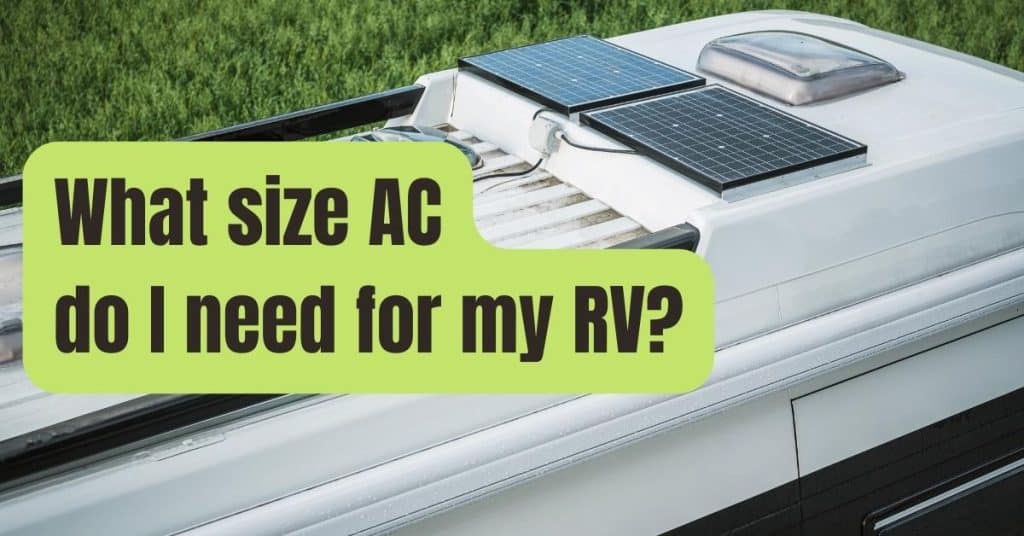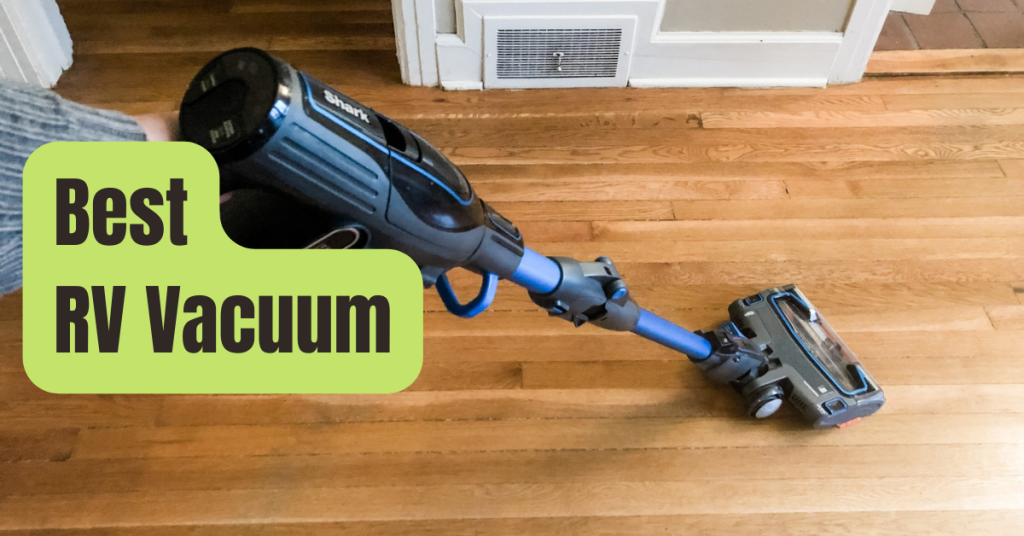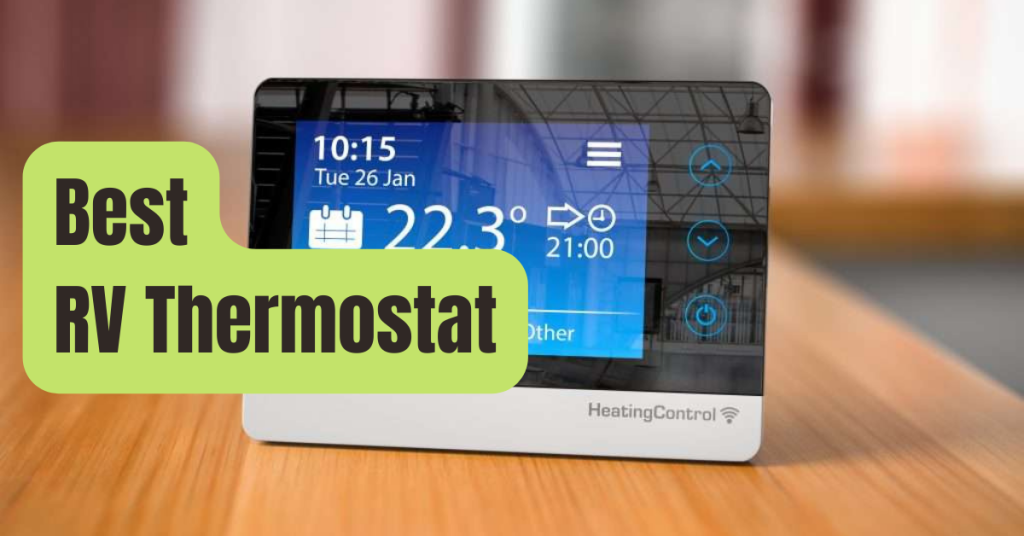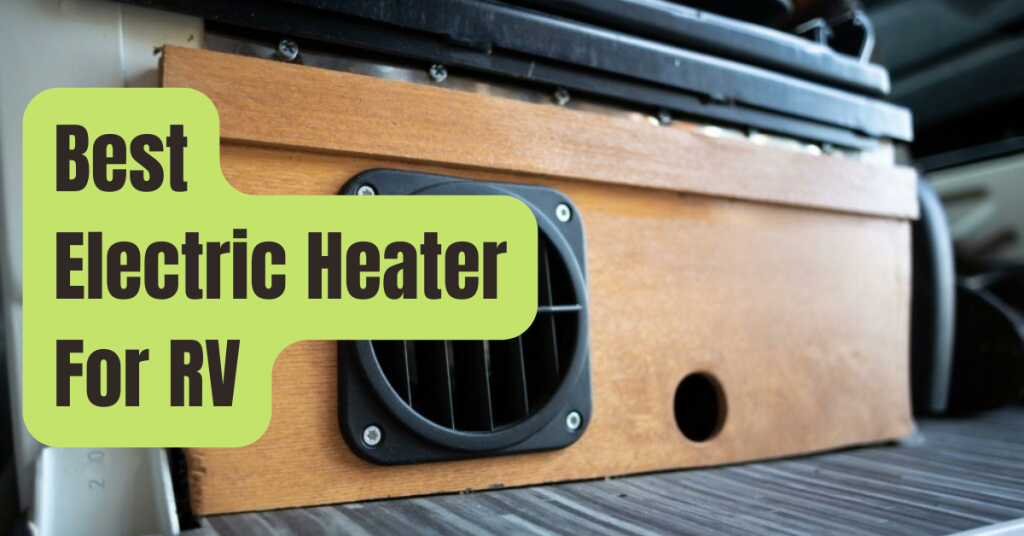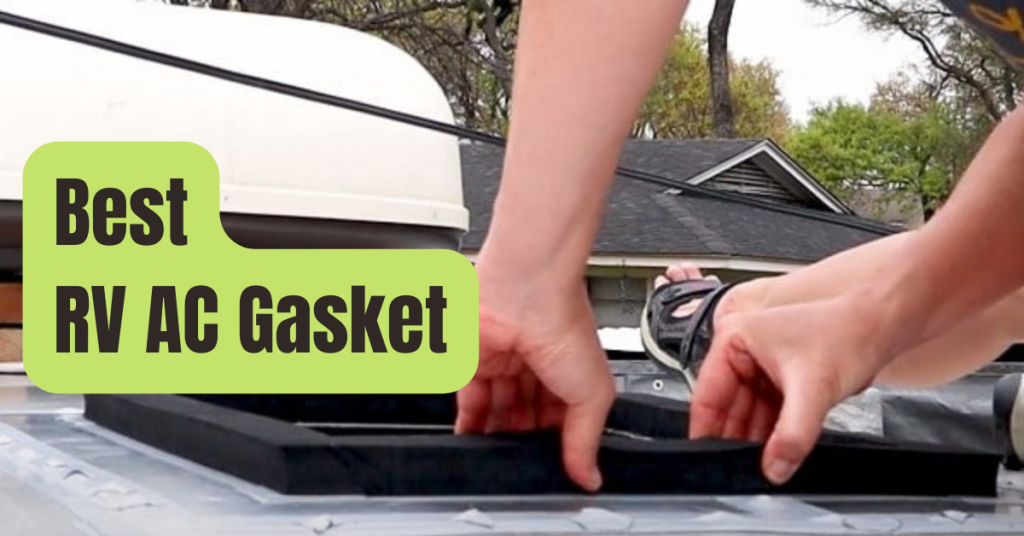When RV camping, a refrigerator is a crucial item.
Food is kept chilled and fresh thanks to it.
In addition to using a generator when bondocking, you also need to utilize batteries to power some of the appliances.
A 12 V dc battery may also be used to power a refrigerator.
But how long will it run for? Batteries may not be the best option to power a refrigerator or any other larger equipment, but it relies on a number of different circumstances.
An inverter may convert DC from a battery to AC, which can then be used to power a refrigerator, which typically runs on AC power.
In addition to the AC power supply, a three-way refrigerator also has a propane and a DC battery source.
As solar panels’ efficiency has increased and their price has decreased, they have also grown in popularity.
Even though solar energy has several restrictions, it can nonetheless power larger equipment like a refrigerator or air conditioner.
To keep the appliances going while you are deep within without any hookups, you will need assistance from these additional sources.
A single 12 V battery can provide 12 amps per hour to a domestic refrigerator for an RV that uses around 150 watts while it is operating.
And under these circumstances, a single RV refrigerator may operate for around 4-5 hours on a 12 V battery that can provide about 100 amp hours.
The amount of hours the refrigerator will operate increases as the amp hours of the batteries increase.
Longer batteries will give you more hours of operation.
Depending on the size of the refrigerator, the majority of standard dometic or narcold refrigerators manufactured especially for RVs may operate for 6 to 8 hours on a 12 V DC battery.
Smaller boondocking refrigerators with power requirements under 70 watts may operate for more than 30 hours.
If you like to boondock, it makes sense to have a smaller fridge.
Boondocking with shore power will be challenging with a household refrigerator.
Additionally, you’d need to run the generator more often, and the battery would deplete more quickly.
Boondocking may be made easier if you have many batteries that together have more than 800 amp hours.
You would need a battery while boondocking to power not just a refrigerator but also other devices like a water pump or lights.
Therefore, if your RV has a domestic refrigerator, you need have a high amp-hour battery.
To operate for a day, you would need a minimum of 700 amp hours.
Thus, purchasing a quality battery from Amazon, like this one, is essential.
Checking The RV Refrigerator’s Real Usage
One thing you may do to determine how much is being used is to turn off all battery-operated gadgets and leave just the refrigerator on.
Check the meter reading to see how many amps are being used with this.
With a typical RV battery drawing roughly 100 amps per hour, amps drawn are essentially measured in terms of hours.
Watts, voltage, and amps.
oh my! It could be perplexing.
Is it not? It will be more apparent to you if you read my earlier post on how many amps an RV refrigerator truly uses.
Along with the kind, size, and age of the refrigerator, other factors that affect how many amps it uses include these: So choosing the appropriate refrigerator is really important.
This RV refrigerator is the best option for many of us; check it out on Amazon.
Additionally, if you use the refrigerator more often, more amps will be consumed.
Climate control is one feature that will increase the amp drain.
The key takeaway is to operate the refrigerator with the fewest functions enabled.
The battery will be drained if the majority of your appliances are connected in parallel to DC power.
Set your priorities straight and turn on the DC-powered devices as necessary.
It shouldn’t be an issue for you if you have the convenience of daily battery charging.
Before stopping the charging, be sure the batteries are completely charged.
Many Suppliers Of RV Refrigerators
Although direct connection or shore power are the greatest options for powering an RV refrigerator, there are other options available.
When there are many power alternatives available, you can always choose one and use it to your advantage.
As previously mentioned, in addition to 110 V electricity, they also operate on propane and DC batteries.
A propane-powered refrigerator uses extremely little LP and is thus the ideal choice for boondocking.
However, it is preferable to avoid using the propane-powered refrigerator when the RV is on the road owing to many safety concerns.
If you stop along the way, be sure to switch on the propane supply before continuing.
With the exception of while you are traveling down the road, propane is an excellent option to shore electricity.
Solar panels may be used to charge the battery throughout the day if you are boondocking.
Longer use will be possible as a result.
There is no need to utilize either propane or even batteries if you are linked to shore electricity.
Do not only rely on your battery is another crucial consideration.
Use the battery only when it is absolutely necessary, and whenever possible, switch to propane or shore power.
Make sure they are effective enough if you want to use batteries for other devices or components.
For example, using LED lights instead of regular ones will save a lot of money.
It won’t use more than 70%, which will increase utilization all around.
After said that, you don’t really need to replace all of the lights.
Just concentrate on which ones are utilized the most and make replacement plans.
With more recent versions, LED may be put right away.
Although modest, it has a significant influence.
Additionally, placing your batteries in a microwave or air conditioner may not be a sensible move, so avoid doing so as much as you can.
Watts Used By The Refrigerator In An RV
On average, a functioning RV refrigerator uses between 150 and 180 watts.
When compared to other appliances, an air conditioner uses either the same amount of power or more.
The electricity that an air conditioner uses is undoubtedly more than that of a refrigerator, even while it is operating.
It need much more than a refrigerator.
Here is the detailed advice I previously released on the wattage use of RV AC.
Although the wattage required to start an RV refrigerator is substantial, you won’t be turning it on and off very often.
A second defrost will need more power.
The fridge may only need to be defrosted occasionally, however.
A TV would use less than 100 watts in comparison to other equipment.
Lights that are 60 watts or less rely on their wattage.
A LED light would use far less energy than regular lights.
Choosing The Appropriate Battery Size
How much battery do you actually need when bondocking, then? Well, a few other appliances and lights will also need batteries in addition to the refrigerator.
Purchasing additional batteries and linking them together is one approach.
You’ll have larger batteries fitted if you buy that large, opulent Class A motorhome.
Let’s examine the battery’s series and parallel connections.
The voltage is increased when batteries are connected in series, but not the amps.
For instance, connecting two 6 V batteries in series will result in 12 V, but the amps won’t rise.
Batteries may be connected in parallel to enhance the amps.
A parallel connection of two 12 volt batteries, for example, will give you more than 150 amps.
Prior to configuring the batteries, you must determine how much energy each of your gadgets use.
To acquire the necessary 12 Volts and enough amps for all of your appliances, you may combine numerous batteries in series or parallel.
You will mostly use the lights, refrigerator, and other amenities like the microwave or water pump when boondocking.
To operate some of the AC appliances and replenish the batteries, it would be necessary to plan the consumption and have a reliable generator.
Compared to smaller RVs like pop-up campers or travel trailers, a motorhome will contain well constructed appliances.
Preserving The Condition Of The Batteries
While the batteries may provide power when there are no other sources available, it is important that you maintain them properly.
The most frequent cause of early battery failure in RVs is under- or even overcharging the batteries.
Make sure the batteries don’t lose more than 50% of their charge.
See my thorough explanation on how to tell whether the RV battery needs to be replaced.
Batteries should only be charged as much as is necessary; avoid overcharging them.
A battery’s capacity to retain a charge decreases with undercharging, and eventually they will cease charging altogether.
The batteries will also suffer if they are kept partially charged while being stored.
Keep the batteries charged to the fullest extent possible.
A battery will typically self-discharge at a rate of 5% each month.
Therefore, it is advised to keep a closer eye on them and charge them occasionally over the winter.
Some folks repeatedly plug in the charger.
Mostly automated ones, but this may be detrimental to batteries.
There is a small danger of overcharging even with automated chargers that shut off on their own.
And it is absolutely not what you want to happen.
A typical RV battery may survive for more than 5 years with proper maintenance and charging in accordance with instructions.
Visit my thorough page for additional information on maintaining and extending the life of RV batteries.
No matter whether you have a class C RV or a travel trailer, ensure sure the batteries are taken care of and charged properly.
Running Refrigerator While Traveling Along The Road
Now that two-way refrigerators are increasingly prevalent, the sole fuel option for traveling is propane.
Running a propane fridge while traveling is not recommended, so stay away from it.
So, how do you spend your time traveling? How to keep food chilled when traveling.
There are many options, and here is one of my posts on how to keep a refrigerator cold when traveling.
Let’s review this in brief.
- Keep the fridge doors closed most of the time, and only open them when necessary.
- At least 24 hours before to commencing, turn on the refrigerator.
- Make sure you adequately pack the fridge. If feasible, include frozen foods.
- Can also use ice bags as an additional cooling agent.
- Use a tiny battery-operated fan to ventilate the refrigerator.
- Don’t forget to switch on the propane refrigerator if you stop for an extended period of time.
Functional Refrigerator In An RV
RV refrigerators operate on an absorption mechanism and don’t have any moving components, making them distinct from regular home refrigerators.
To provide the cooling effect, water is mixed with ammonia and hydrogen.
RVs are moving vehicles, thus the absorption process benefits them the most.
Residential refrigerators have also been incorporated into RVs and are now suitable for use in RVs.
However, you would need refrigerators that use less while boondocking.
It is challenging to power a domestic refrigerator off of batteries since they often need more watts.
The refrigerator will function well as long as you use it carefully and do routine cleaning and maintenance.
Check out our comprehensive overview on the most frequent problems with RV refrigerators.


